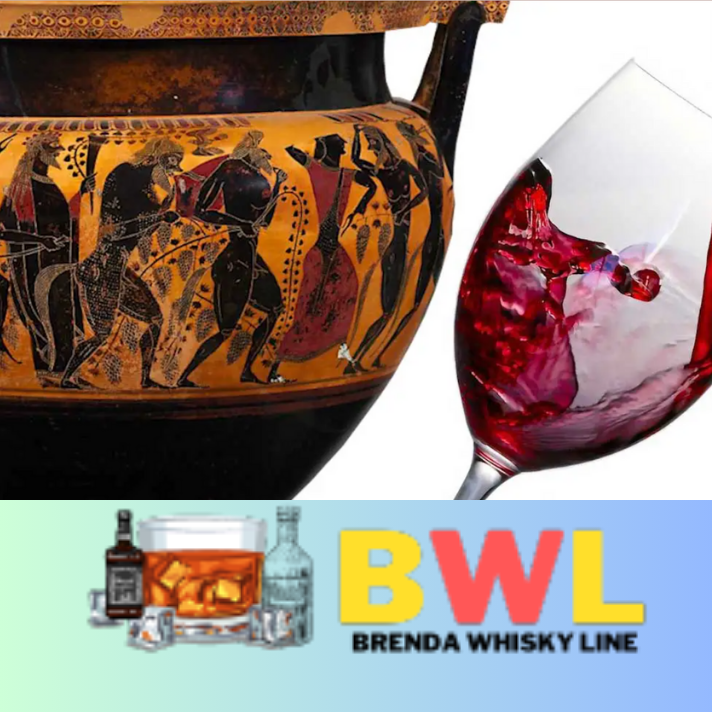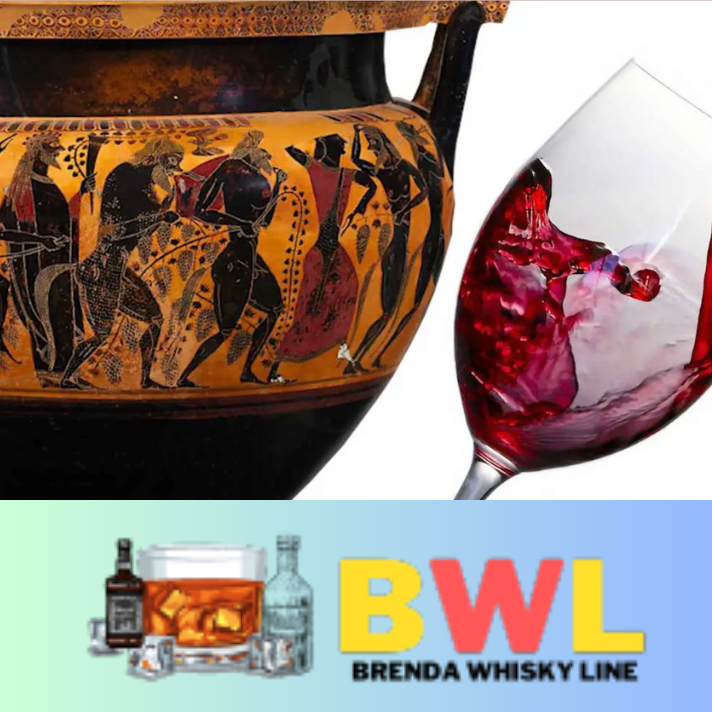Wine, with its exquisite flavors and rich cultural significance, has been a cherished beverage for millennia. As we uncork a bottle of our favorite vintage, it’s fascinating to think about the ancient origins of this elixir that has stood the test of time. In this article, we embark on a journey through history to uncover the mysterious and captivating story of wine.
Wine’s history dates back thousands of years, with evidence of early winemaking practices found in the archaeological record. It’s a product that has evolved alongside human civilization, shaping and being shaped by our cultures, traditions, and innovations. From the fertile valleys of Mesopotamia to the sun-drenched vineyards of ancient Greece, wine has played a role in religious rituals, social gatherings, and even trade.
History and Background
The origins of wine can be traced to the ancient Near East, where people first discovered that crushed grapes, left to ferment, produced a delightful and intoxicating liquid. The earliest evidence of winemaking, found in Georgia around 6,000 BC, suggests that the practice predates recorded history. Wine was soon embraced by the Egyptians, who incorporated it into their religious ceremonies and daily life.
The Greeks and Romans further elevated the status of wine, considering it a gift from the gods. It became an integral part of their symposia and feasts, symbolizing luxury and refinement. Wine also played a crucial role in early Christianity, where it took on a sacred significance as part of the Eucharist.
Throughout history, winemaking techniques improved, and wine production spread to various parts of the world, including Europe, Asia, and the New World. The diversity of grape varieties, regional terroirs, and winemaking traditions gave rise to the incredible array of wines we enjoy today.
Five Best Features:
- Cultural Significance: Wine has been intertwined with human culture for thousands of years, playing a role in religious rituals, art, and social traditions.
- Historical Legacy: Exploring wine’s history offers insight into the evolution of societies, from ancient civilizations to the modern world.
- Terroir and Varietals: The concept of terroir, the unique characteristics of a region’s soil and climate, plays a crucial role in wine’s diversity.
- Global Impact: Wine has shaped economies, trade routes, and even the course of history in various ways.
- Evolving Techniques: The science and art of winemaking have constantly evolved, from ancient amphorae to modern technology.
Frequently Asked Questions (FAQ):
Q: When was the first evidence of winemaking discovered?
A: The earliest evidence of winemaking dates back to around 6,000 BC in Georgia.
Q: What role did wine play in ancient Greek and Roman cultures?
A: Wine was considered a luxury and a symbol of refinement, featured in social gatherings, feasts, and even religious ceremonies.
Q: How has wine production evolved?
A: Winemaking techniques, grape varieties, and regions of production have expanded, resulting in a vast array of wine styles.
Q: What is the significance of terroir in winemaking?
A: Terroir refers to the unique characteristics of a wine region’s soil, climate, and geography, influencing the flavor and quality of the wine.
Q: How did wine impact the New World and early American history?
A: Wine played a significant role in early American history, with European settlers establishing vineyards and trade in the New World.
Q: What are some of the health benefits associated with moderate wine consumption?
A: Moderate wine consumption has been linked to potential health benefits, such as improved heart health and antioxidant properties.
Conclusion:
Unearthing the ancient origins of wine is like embarking on a captivating voyage through time. From its beginnings in the cradle of civilization to its global influence today, wine has a history as rich and diverse as its flavors. Understanding this history adds depth to our appreciation of this beloved beverage and the cultures that produced it. So, pour yourself a glass of your favorite wine and raise it to the ages past, toasting the enduring legacy of this remarkable drink.



